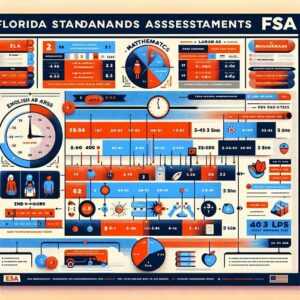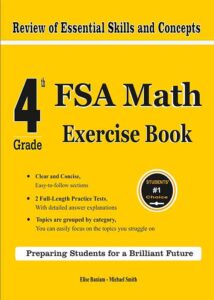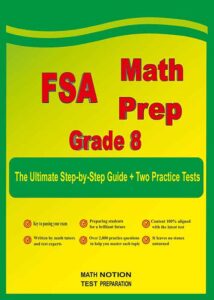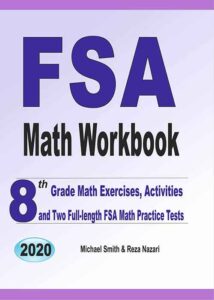
Study Time: 1minutes
5 Key Insights: Understanding the Duration of the FSA Exam
The Florida Standards Assessments (FSA) are a crucial element in the Florida education system, designed to evaluate students’ competencies in various subjects. One of the key aspects students and educators must understand about the FSA is its duration. This article delves into the lengths of different FSA exams, offering insights for effective preparation.
Understanding the FSA Exam Structure and Timing
The FSA includes various assessments, each with specific time allocations:
- FSA English Language Arts (ELA): For grades 3-5, the ELA exam spans two days, with sessions lasting about 80 minutes each. In grades 6-10, students face two 90-minute sessions over two days. The writing component, for grades 4-10, provides 120 minutes for completion.
- FSA Mathematics: This test, for grades 3-8, splits into two sessions over different days. Each session is approximately 80 minutes for grades 3-5 and 90 minutes for grades 6-8.
- FSA End-of-Course (EOC) Assessments: For Algebra 1, Geometry, Biology 1, US History, and Civics, the EOC assessments consist of two 90-minute sessions, generally over two days.
Effective Time Management for the FSA
To excel in the FSA exams, mastering time management is essential:
- Timed Practice: Regular practice with timed tests helps students get accustomed to the FSA format and pacing.
- Strategize Test Day: Being aware of the test schedule and maintaining a healthy routine leading up to the exam day is crucial.
- Smart Time Allocation: During the exam, it’s important to read questions carefully and manage time effectively. If a question seems too challenging, it might be more strategic to move on and revisit it later, if time permits.
- Reviewing Answers: If you complete the test early, use the remaining time to review your answers, especially ones you are uncertain about.
The Impact of FSA Duration on Student Preparation
The varying lengths of the FSA exams require students to adapt their study and test-taking strategies accordingly. For the longer ELA and EOC assessments, endurance and sustained focus become key. In contrast, the slightly shorter mathematics assessments demand quick problem-solving and time management skills.
Tips for Parents and Educators in Supporting Students
Parents and educators play a vital role in preparing students for the FSA:
- Provide Practice Materials: Ensure students have access to practice tests that mimic the FSA format and timing.
- Create a Study Plan: Help students develop a study schedule that allows ample time for each subject area.
- Encourage Rest and Nutrition: Promote a healthy lifestyle, especially as the exam approaches, to ensure students are physically and mentally prepared.
The Role of FSA in Academic Progress
The FSA serves as a benchmark for understanding where students stand in their academic journey. The results from these assessments can guide future teaching strategies and curriculum development, making the understanding of their structure and timing all the more significant.
The FSA covers a range of subjects including English Language Arts (ELA), which consists of reading and writing tests, Mathematics, and End-of-Course (EOC) exams in subjects like Algebra 1 and Geometry. The assessments are administered to students in grades 3 through 10.
One of the primary objectives of the FSA is to gauge whether students have mastered the skills and knowledge necessary for college and career readiness. The results of these assessments are used to make important educational decisions, including grade promotion, graduation eligibility, and school accountability ratings.
Grasping the duration of the FSA exams is a critical step in preparing effectively. Whether it’s the ELA, Mathematics, or EOC assessments, understanding the time constraints and developing appropriate strategies can greatly enhance a student’s performance. With the right preparation, students can approach the FSA with confidence, ready to showcase their knowledge and skills.







